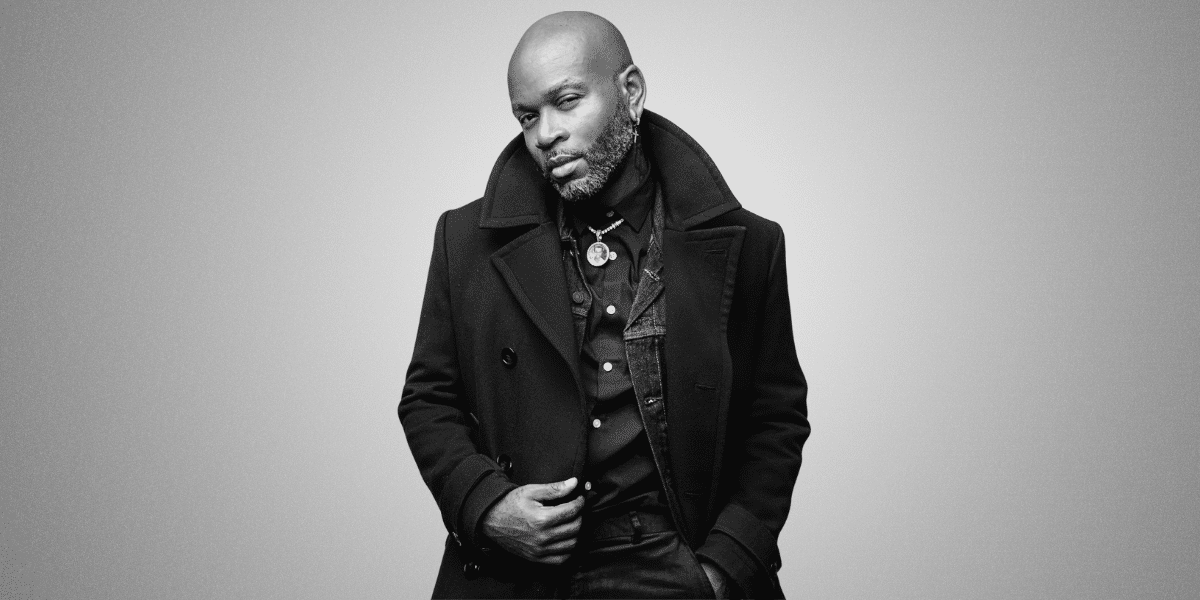In recent years, many celebrities have publicly shared their personal struggles, from mental health challenges to addiction recovery and emotional hardships. These revelations have a ripple effect across various aspects of society, influencing public perceptions, increasing awareness, and sparking conversations around topics that are often stigmatized. Below, we explore the waves that arise when celebrities open up about their personal struggles and how these confessions shape public discourse.
Mental Health Awareness
One of the most significant impacts of celebrities sharing their personal struggles is the increased awareness around mental health issues. When high-profile figures speak openly about their battles with depression, anxiety, or other mental health conditions, it brings attention to issues that many people face privately. Their stories help to normalize conversations about mental health and encourage others to seek help or speak out about their own experiences.
Celebrities like Lady Gaga and Dwayne “The Rock” Johnson have been vocal about their mental health journeys, helping reduce the stigma that often surrounds these issues. By doing so, they play a pivotal role in encouraging discussions about mental wellness, therapy, and self-care, ultimately promoting a culture of openness and support.
Impact on Public Perception
When celebrities share their personal struggles, it can shift the public’s perception of them as individuals. Celebrities are often seen as larger-than-life figures, but revealing their vulnerabilities humanizes them, making them more relatable. This transparency can lead to greater empathy from the public, as fans and followers realize that these icons are not immune to the same struggles many others face.
Moreover, celebrity confessions can change how people view certain issues. For example, when Demi Lovato opened up about her battle with addiction and eating disorders, it helped shift public perceptions about recovery, addiction, and body image issues, leading to greater compassion and understanding.
Breaking Stigmas
One of the most profound effects of celebrities discussing their personal hardships is the breaking of societal stigmas. Topics like mental health, addiction, and trauma have long been associated with shame or silence, but when public figures share their experiences, it helps dismantle these barriers. By publicly acknowledging their struggles, celebrities contribute to the normalization of these conversations, making it easier for others to do the same.
For instance, celebrities like Selena Gomez, who has been open about her struggles with lupus and mental health, contribute to breaking down stigmas associated with chronic illness and mental health issues. As more public figures share their journeys, the public becomes more comfortable discussing topics that were once considered taboo.
Increased Media Coverage
When celebrities speak about their personal struggles, it often leads to a surge in media coverage. News outlets, social media platforms, and entertainment sites frequently pick up these stories, amplifying the message and reaching a broader audience. While this attention can help spread awareness and foster understanding, it can also lead to sensationalism, with some media outlets focusing more on the drama rather than the underlying issues.
However, increased media attention can spark important societal conversations about mental health, addiction, trauma, and recovery. Celebrities often use this platform to partner with organizations, raise funds, or advocate for greater resources to address these issues, amplifying the positive impact of their openness.
Public Support and Criticism
Celebrities who open up about their struggles often receive a wave of public support, as fans and followers empathize with their experiences and show solidarity. This outpouring of compassion can be healing for the celebrity and also creates a sense of community among those who have faced similar challenges. Social media platforms have made it easier for fans to connect directly with their favorite stars, offering words of encouragement and sharing their own stories in response.
However, not all responses are positive. Some celebrities may face criticism, skepticism, or even backlash after revealing personal struggles, particularly if the timing or context of their revelation is seen as strategic or insincere. This duality of support and criticism reflects the complexities of public life and the pressures that come with being a celebrity.
Influence on Fans
Celebrities wield significant influence over their fan bases, and when they open up about their personal struggles, it often has a profound impact on their followers. For many fans, seeing their idols confront challenges and emerge stronger can be deeply inspirational. It sends a message that it’s okay to struggle, and that seeking help is a sign of strength rather than weakness.
The influence celebrities have on their fans extends beyond inspiration—it can also shape behavior. When celebrities advocate for mental health resources or encourage others to seek therapy, fans may be more likely to follow that advice. This ripple effect highlights the powerful role celebrities play in shaping cultural attitudes and behaviors.
Empowerment and Advocacy
Many celebrities use their platform not only to share their struggles but also to empower others by advocating for change. Celebrities like Taraji P. Henson and Michael Phelps have become mental health advocates, using their influence to promote access to mental health care and resources. By turning their personal challenges into advocacy, these public figures amplify the voices of those who may not have the same reach.
This advocacy often includes partnering with mental health organizations, launching foundations, or contributing to public policy discussions aimed at improving mental health care systems. Celebrities who use their experiences for social good have the power to create lasting change and inspire collective action.
Social Media Reactions
Social media plays a significant role in the waves that come from celebrities opening up about personal struggles. Platforms like Twitter, Instagram, and Facebook provide spaces for real-time reactions from fans, media outlets, and the broader public. These reactions can range from overwhelming support and solidarity to critical backlash and heated debates.
Celebrities who share their stories on social media often spark viral discussions, with hashtags and campaigns quickly gaining momentum. Social media amplifies the reach of these personal stories, making it possible for millions of people to engage in conversations about mental health, recovery, and personal growth.
When celebrities open up about their personal struggles, it creates a ripple effect that influences public perceptions, raises awareness, and sparks meaningful conversations. By sharing their vulnerabilities, celebrities not only break down societal stigmas but also empower their fans and advocate for greater access to mental health resources. While the public response to these revelations can be complex, the waves generated by these confessions continue to have a significant impact on both individuals and society as a whole.






